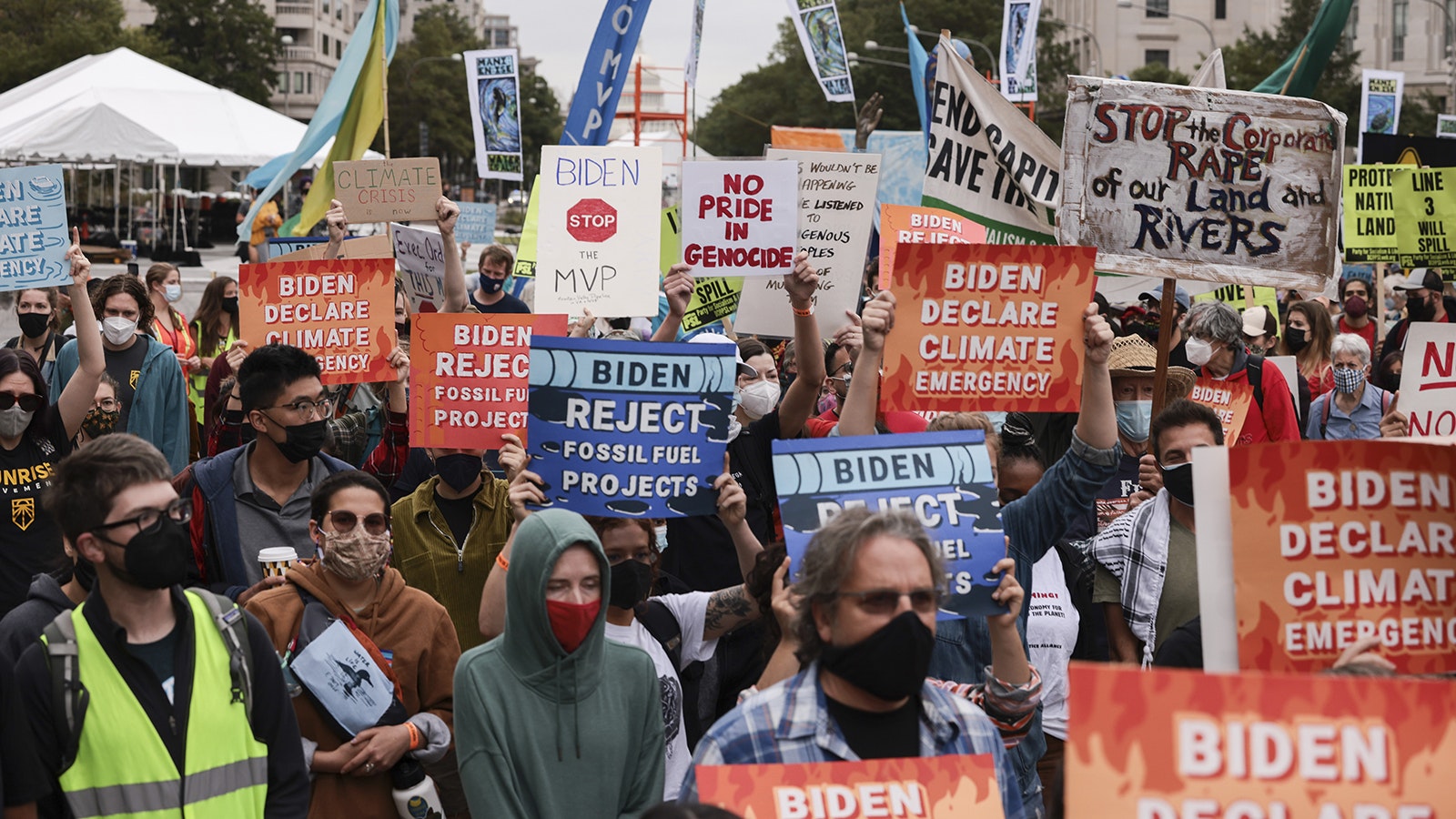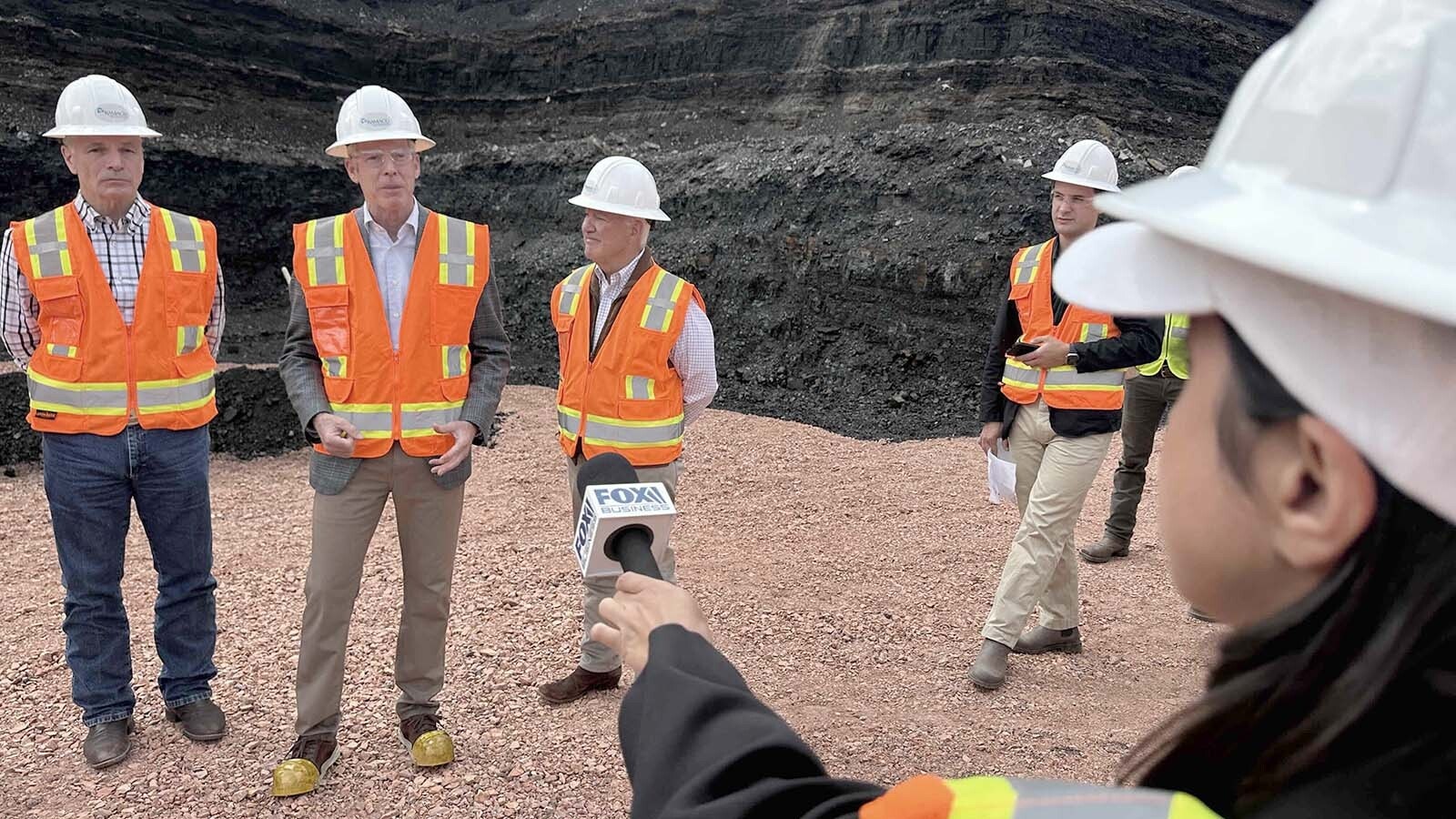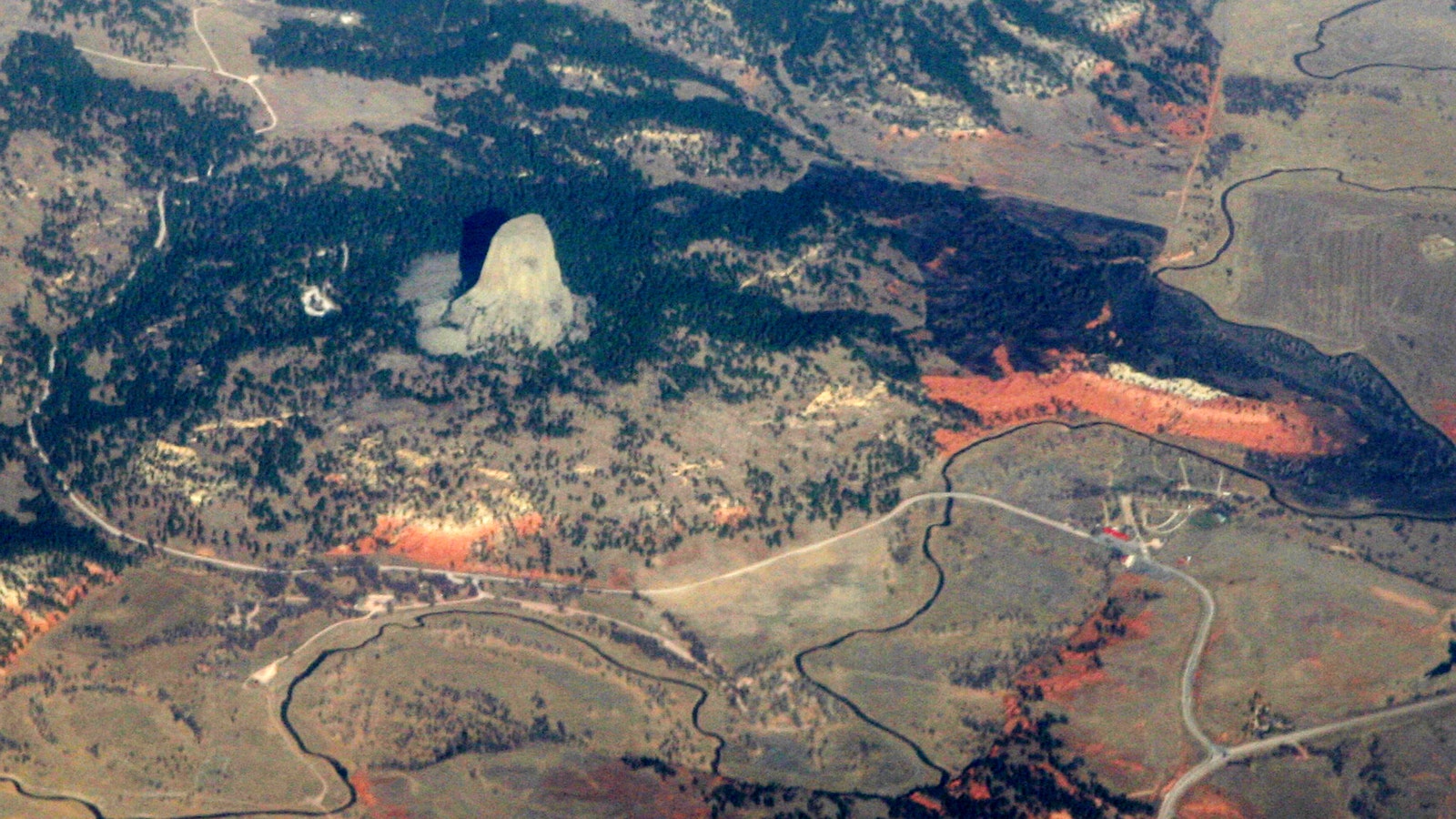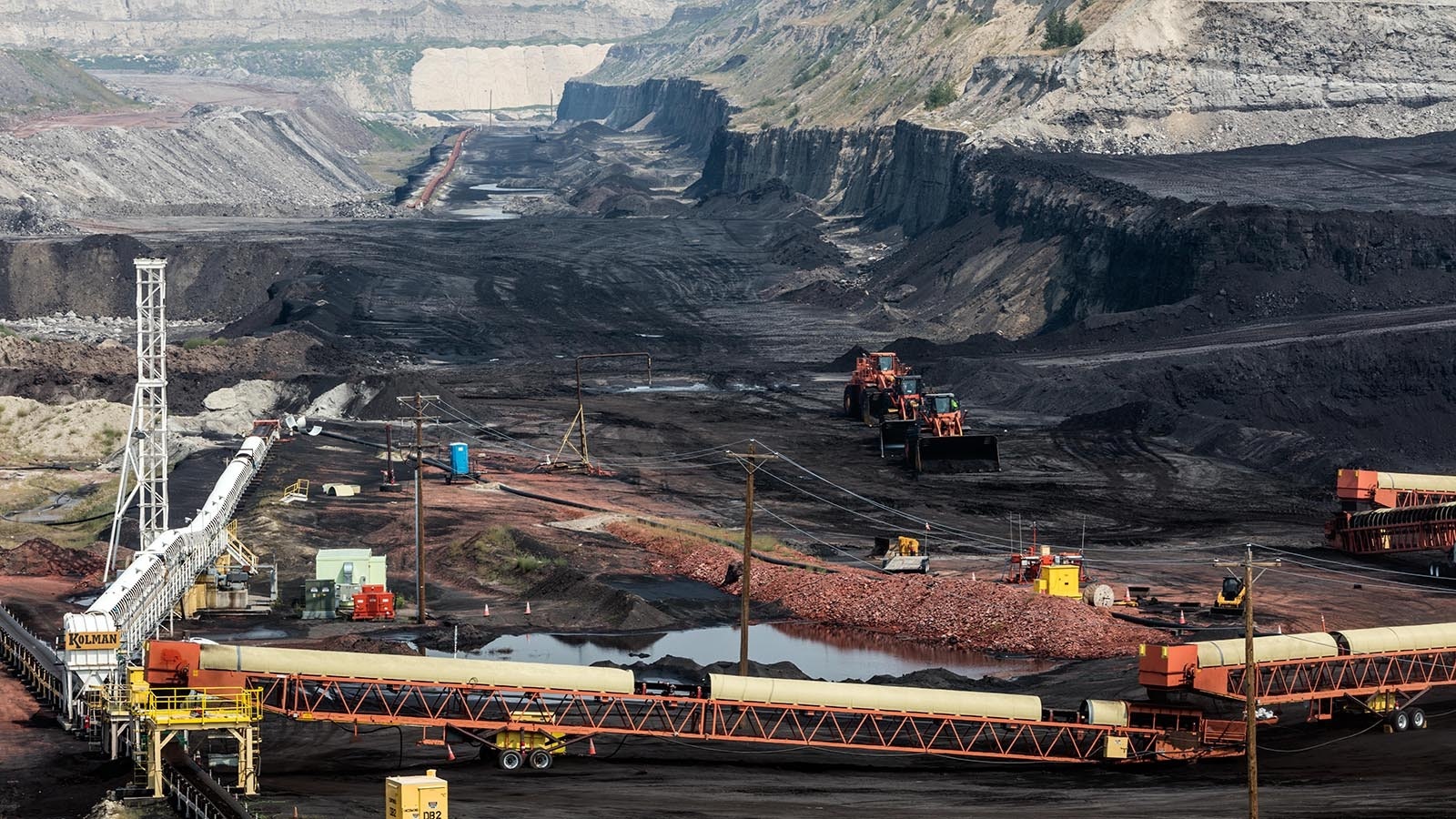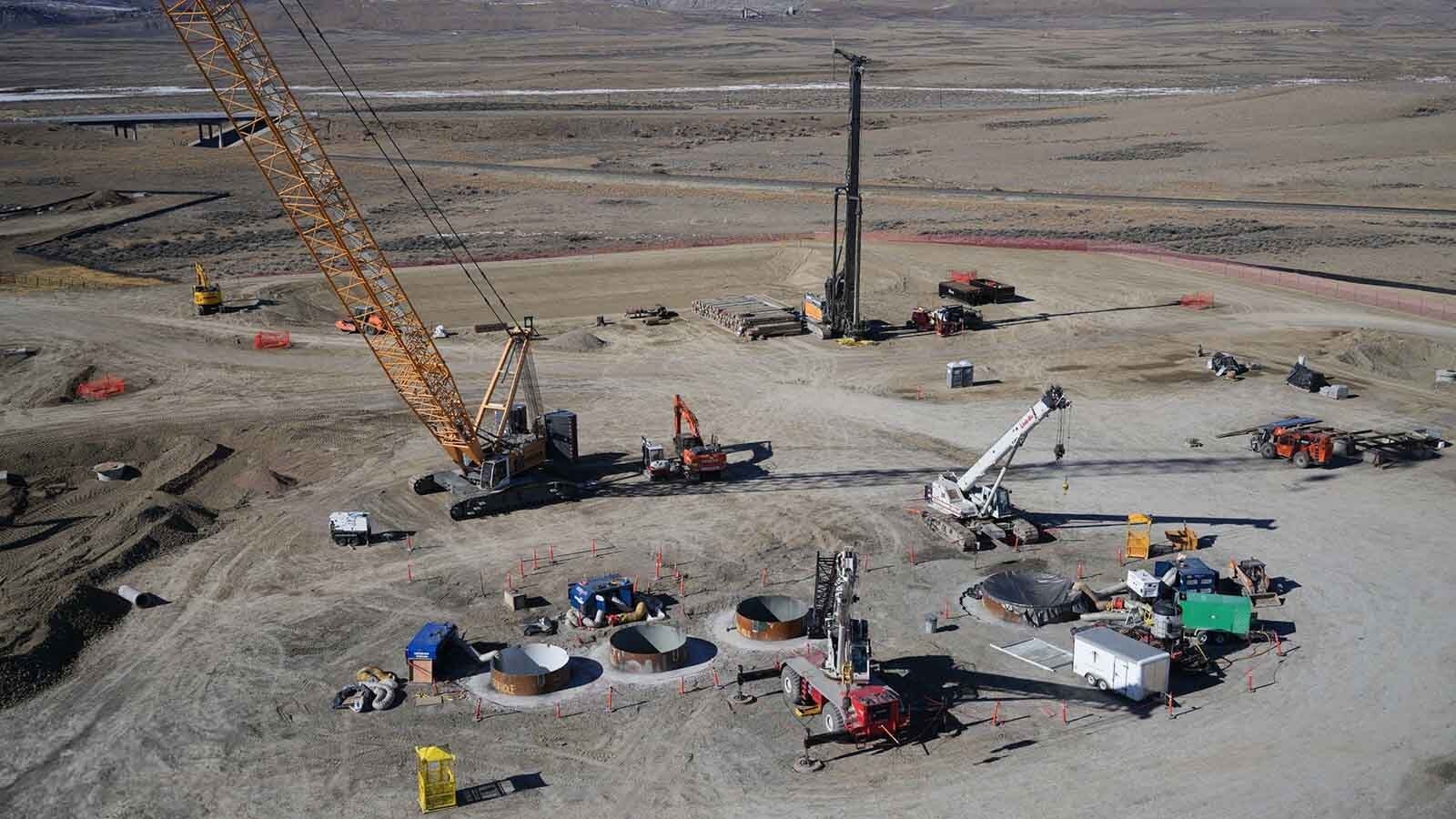What do a Nobel laureate, a retired University of Wyoming engineering professor and a geologist have in common?
They are among the more than 1,600 scientists, researchers, professors, engineers and lawyers who signed their names to a declaration stating that there is no climate emergency.
Kevin Kilty, who is a retired adjunct professor of mechanical engineering at the University of Wyoming, told Cowboy State Daily that when it comes to measurements of weather extremes, the observations don’t show any trends outside natural weather variability.
“There’s no unequivocal data that suggests that weather is getting worse or storms are getting more intense,” Kilty said.
Climate-Denying Document
The declaration is the work of Climate Intelligence, also known as CLINTEL, an independent foundation that was founded in 2019.
The organization first released the declaration in 2022 with more than 1,100 signatories. It was released again this week with the list growing to 1,609.
A fact check last year called it a “climate-denying document.” It cited a 2021 report that concluded that 99.9% of climate change studies attributed human activity to an accelerated warming trend.
Its main argument against the declaration is that a number of those who signed it had worked in the fossil fuel industry. Why no one should listen to anything they have to say, the article doesn’t explain.
Adaptation
The fact check didn’t actually address any of the statements the declaration makes.
The declaration disputes the idea that climate change is driving an unparalleled catastrophic disaster that requires a panicked, alarmed response.
It states that natural factors can also influence climate. It declares that climate models haven’t accurately predicted the rate of warming and exaggerate the effect of greenhouse gasses.
It argues there’s no statistical evidence that global warming has intensified hurricanes, droughts or floods, or makes them more frequent.
Therefore, it concludes, there is no climate emergency that justifies eliminating fossil fuel usage by 2050. Instead of policies that mitigate emissions, whatever the causes of the warming trend, the declaration calls for adaptation.
This would mean, for example, it’s better to ensure people have affordable, reliable energy to run their air conditioners when temperatures are high.
Heat Islands
Kilty said the one area in which extreme weather is showing trends outside natural variability is high temperatures. However, even in that area, there’s an amount of uncertainty that’s often not considered in the climate crisis narrative, he said.
Many measuring facilities are located inside cities, which have what’s called a “heat island” effect. The buildings, roads and other infrastructure collect heat and impede wind movements, which makes cities hotter than outlying areas.
“That isn’t a climate crisis. It’s a crisis of how we built our cities,” Kilty said.
Show Of Hands
Greg Wrightstone, a geologist and executive director of the CO2 Coalition, told Cowboy State Daily that the idea of a scientific consensus is inherently problematic.
“Science and scientific matters aren’t determined by a show of hands,” he said.
Many of those who signed the declaration are members of the CO2 Coalition. Wrightstone said the organization doesn’t dispute that rising carbon dioxide levels in the atmosphere have a warming effect. They just dispute that the warming trend is primarily driven by greenhouse gasses and that this warming trend is without benefits.
Uncertainty
Nobel Laureate Dr. John Clauser, a physicist who signed onto the declaration, told Cowboy State Daily that the warming trend is strongly influenced by natural occurrences.
He’s won a number of awards for his work in the field of physics, and he can explain at length what natural factors are influencing the warming trend and why he thinks these aren’t being properly accounted for.
There are many highly educated people who would disagree. Some of these scientists who believe carbon dioxide is the main driver of the warming trend also question if climate change is causing a crisis.
The declaration shows, at the very least, that it’s not just a handful of conspiracy theorists on the fringe of the scientific community who aren’t in absolute agreement over what’s happening in the climate today. There’s a lot of uncertainty and nuance in trying to understand this very complex system.
“There’s a growing group of scientists who are in strong disagreement. No, it’s certainly not as unanimous as Al Gore thinks,” Clauser said.

